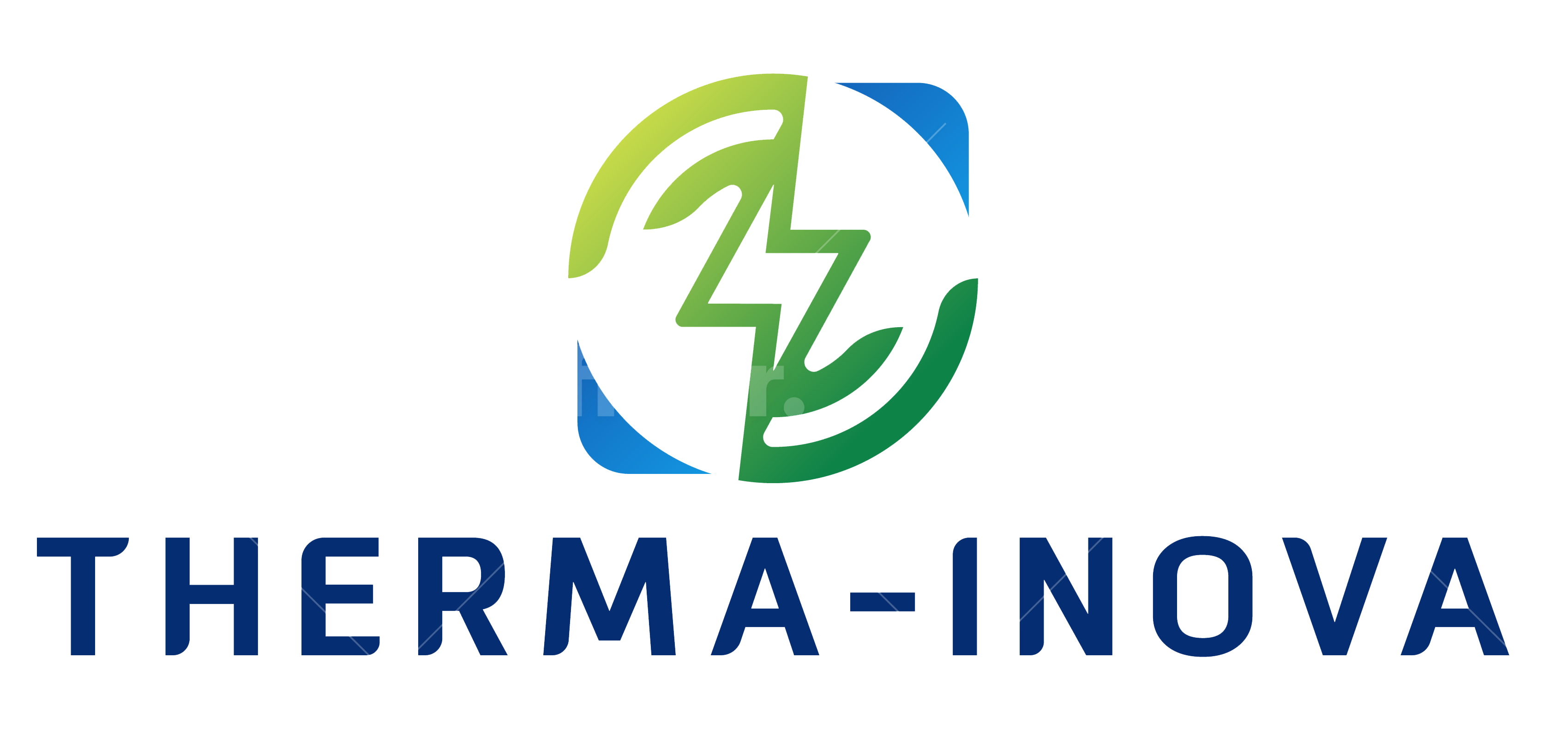Challenge:
The client, a major player in the aquaculture business, faced significant challenges in maintaining optimal temperatures during fish transport. Relying on traditional refrigerated trucks was impossible, so the company sought a sustainable alternative.
Solution:
We conducted a comprehensive assessment of the client’s existing infrastructure and proposed integrating Phase Change Material (PCM)-based cooling boxes as an alternative to conventional refrigerated transport units. We also integrated them with the IoT system for location and temperature tracking. We proposed leveraging a hub-and-spoke approach to incentivise small-scale fish transportation at the desired temperature.
Key steps:
- Thermal Modelling & Feasibility Study: Simulated temperature profiles to determine the best PCM configuration for extended cooling. Actual operating conditions were considered.
- E-bike transportation: E-bikes were proposed to eliminate the need for fossil-fuelled motorbikes or three-wheelers.
- Solar-powered refrigeration hub: We supported the development of a refrigeration hub to enable PCM charging by solar-powered chest freezers. Solar energy was also used to charge the batteries for e-bikes.
- Developing IoT tracking system: We developed an IoT system to track the location and temperature/quality of the fish during transportation.
- Prototype Testing & Validation: We supplied the initial prototype design and supported the deployment of pilot units on selected routes to monitor temperature stability and energy performance.
- Design modifications: We introduced design modifications for the PCM cold box and IoT systems based on the pilot testing and the first wave of predictive modelling.
- Integration with Logistics Strategy: Optimised charging and recharging cycles for maximum efficiency within existing distribution hubs.
- Training & Implementation Support: We worked closely with the business and provided logistics personnel with hands-on training on best practices for PCM utilisation.
Outcomes:
- 100% renewable-powered cooling hub and transportation: PCM cooling eliminates the need for mechanical refrigeration outside the hub. The solar-powered charging hub charges the e-batteries, eliminating the need for fossil-fuelled motorbikes.
- 0.0% CO2 Emissions: The operating carbon footprint is cut to zero due to the combination of PCM and e-bike indirectly powered by solar energy.
- Extended Cooling Duration: PCM technology maintained consistent temperatures for 12+ hours without external power sources.


